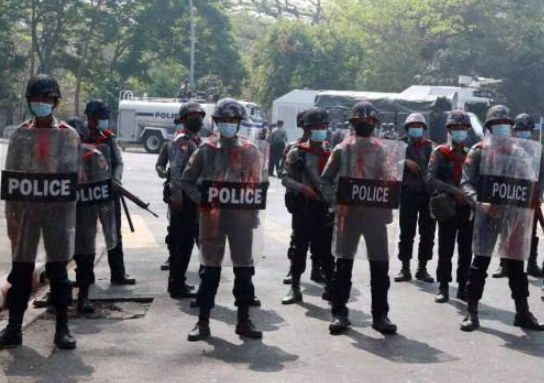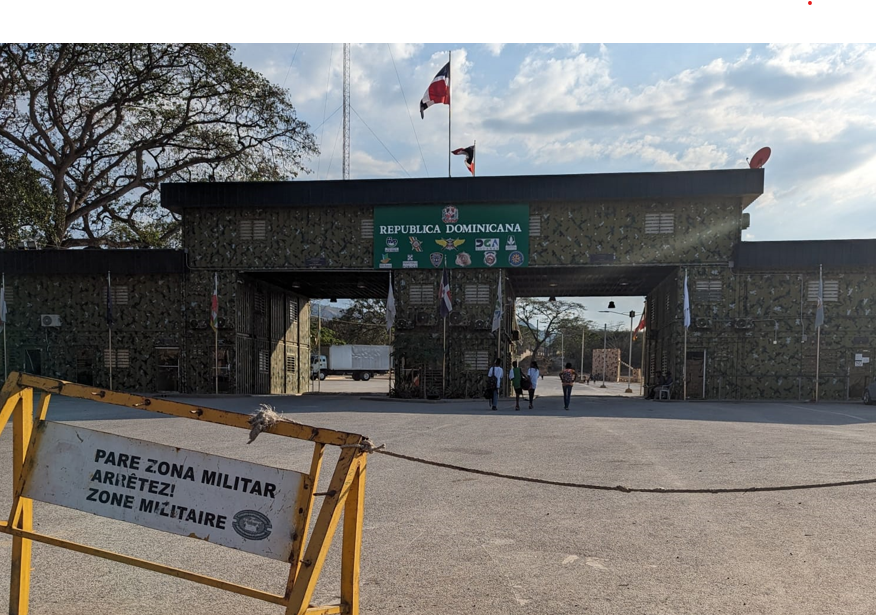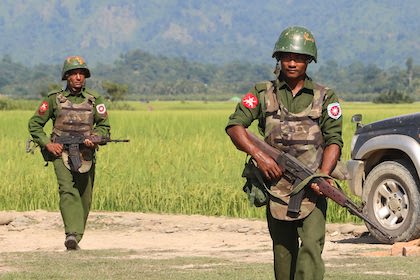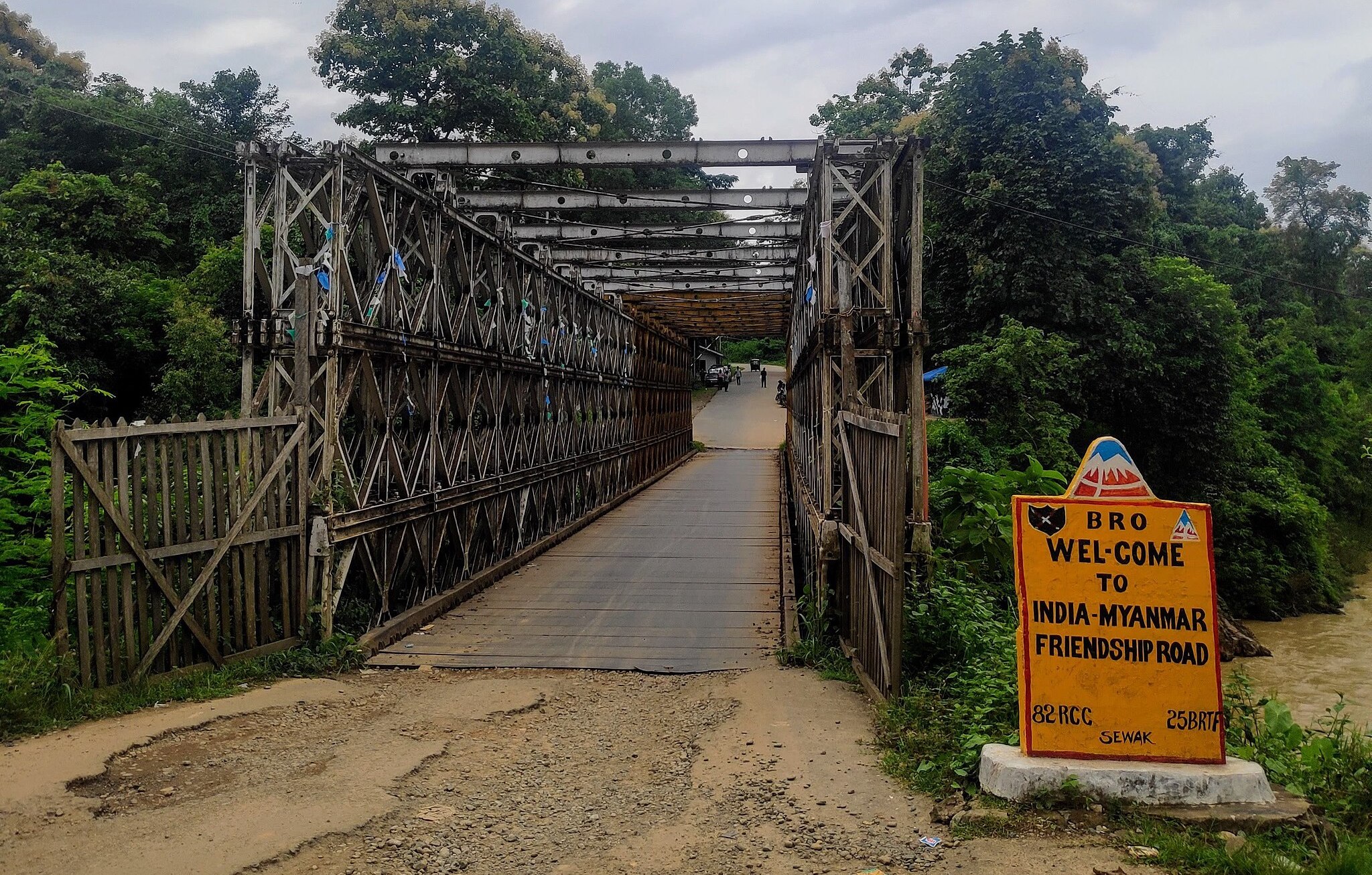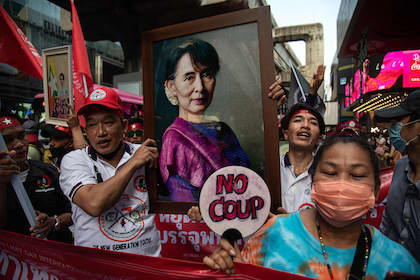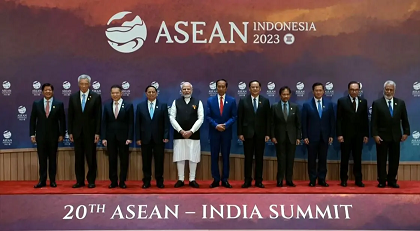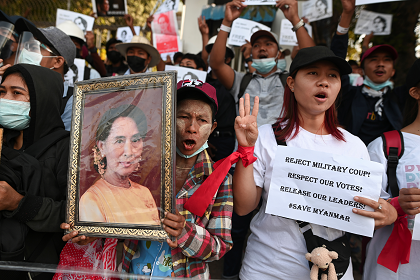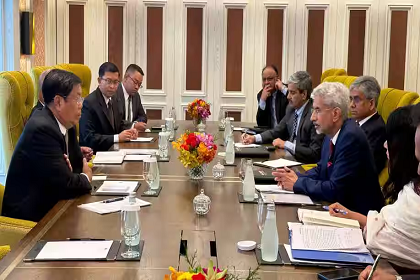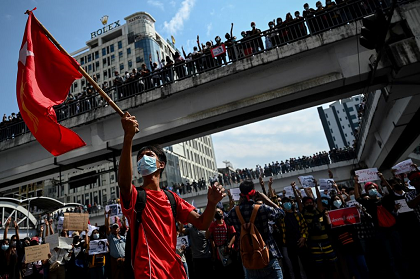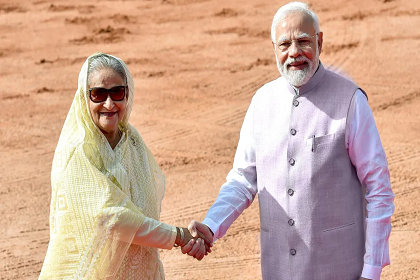Myanmar needs outside help
Over three years of civil war in Myanmar, and there is no end in sight. The country’s stakeholders are unable to de-escalate the conflict or reliably distribute aid to those affected. Friends, including India, must step in — not only to stop the fighting and alleviate the suffering, but to help facilitate a return to normalcy.

